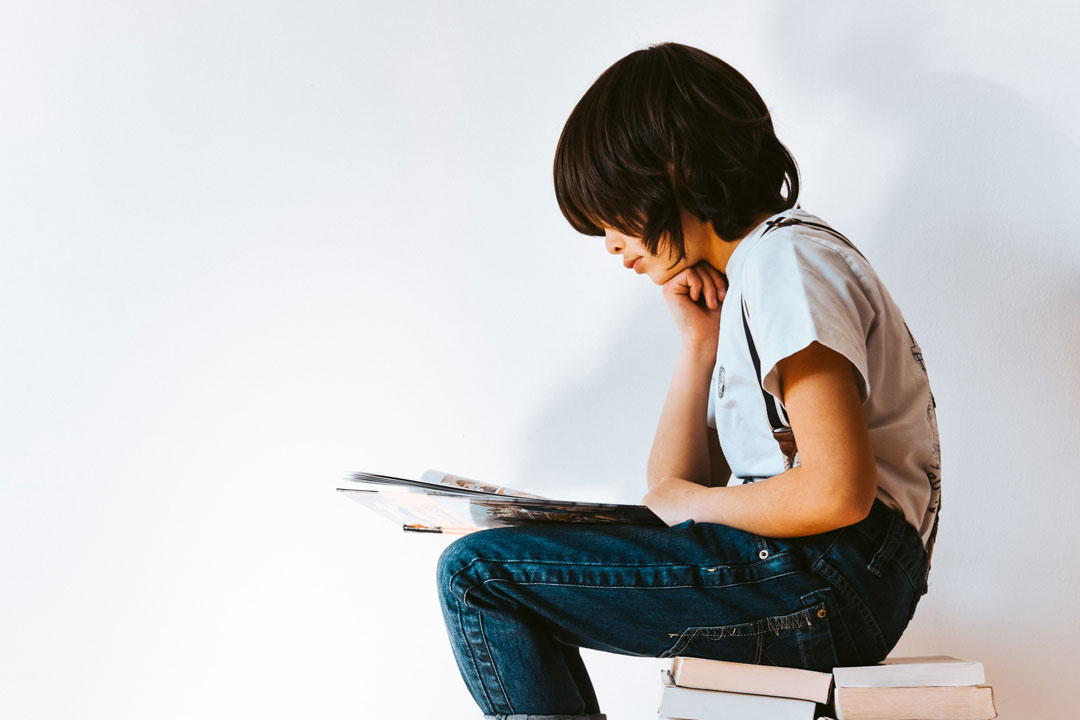Filipino authors seek subsidies amid Sara’s bid for P10-M children’s book

By Kyle Aristopher T. Atienza, Reporter
PHILIPPINE authors have asked the government to boost subsidies and programs for their sector, as Vice President Sara Duterte-Carpio sought a P10-million funding under the 2025 national budget for the distribution of her “self-authored” children’s book.
Jose Monfred C. Sy, a children’s book author and an arts and literature professor at the University of the Philippines Diliman, said the P10-million allocation should be used to support the local publishing industry as part of efforts to boost Filipino students’ creative thinking.
“Instead of allocating a huge budget for a story that is worthless, the government should just support our local literature industry so that it could reach more young Filipinos,” he told BusinessWorld in an e-mail.
He said there is a particular need for literary work that will hone Filipino students after they ranked poorly in creative thinking. Mr. Sy was citing a June 2025 report on the Organization for Economic Co-operation and Development’s 2022 Programme for International Student Assessment in which 15-year-old Filipino students ranked 63rd out of 64 countries in terms of creative thinking.
Doing so would lessen the burden of teachers and parents who intend to have more books for students, he added.
Senator Risa Hontiveros-Baraquel, along with several lawmakers at the House of Representatives, has vowed to push for the realignment of what she called “improper” P10-million budget allocation for Ms. Duterte-Carpio’s children’s book Isang Kaibigan (A Friend).
Ms. Duterte-Carpio, who resigned as Education secretary in June, plans to distribute 2,000 copies of her book to children in remote areas.
Like other children’s literature writers, Mr. Sy said the book of Ms. Duterte-Carpio, who also faces allegations of plagiarism, lacks creativity and depth.
He said the P10-million funding is also enough to push for more promotional activities including competitions for writers, editors, translators, and other storytellers. “Through these, we can boost the state of children’s literature in the Philippines.”
Gay Ace Domingo, a member of the Indie Publishers Collab Philippines, noted that one of the key findings in a latest readership survey found that some 74% of adult and 75% of children readers preferred printed books.
“The Philippine Book Festival and the Manila International Book Fair are major events where independent publishers like us can have our books offered, sold to a wider market. It would be great if there were more opportunities like these,” she said in a Facebook Messenger.
Beverly Wico Siy, an independent children’s book writer, said the government should instead use the P10-million funding to buy Filipino books for children from various publishing companies.
“Most of the Philippine authors do not receive support from the government,” she said via Messenger chat.
She said most of the programs of the National Book Development Board (NBDB) as well as the Intellectual Property Office of the Philippines for writers are limited to seminars and capacity-building activities.
“There are writing, publishing and translation grants from NBDB and the National Commission for Culture and the Arts but these are very few,” said, adding that slots for such grants are very limited.
Ms. Duterte-Carpio has denied allegations that her book was a product of plagiarism, amid strong public backlash. She has revealed in a statement that she would also write a book about a friend’s betrayal.



